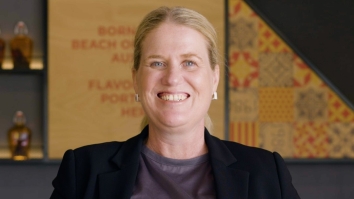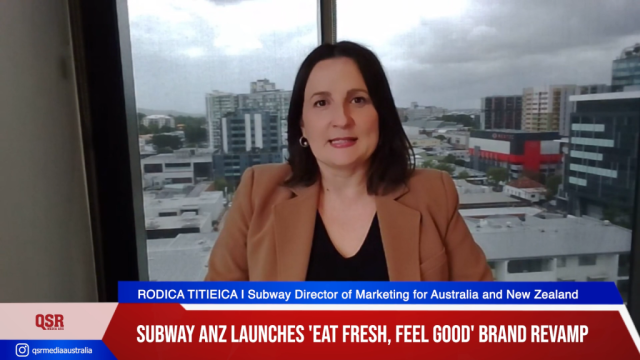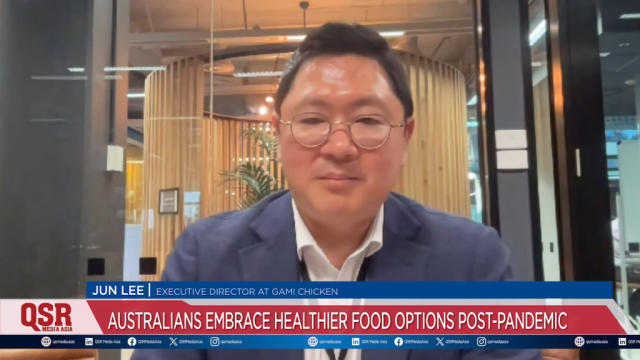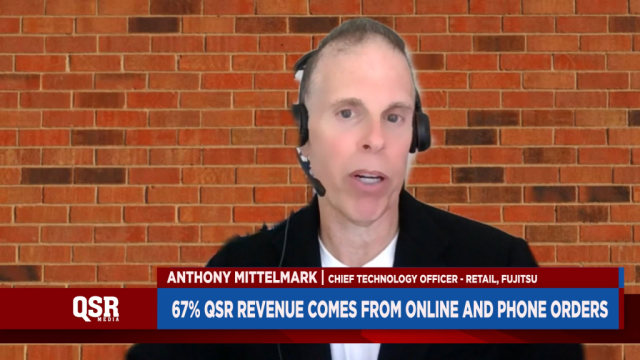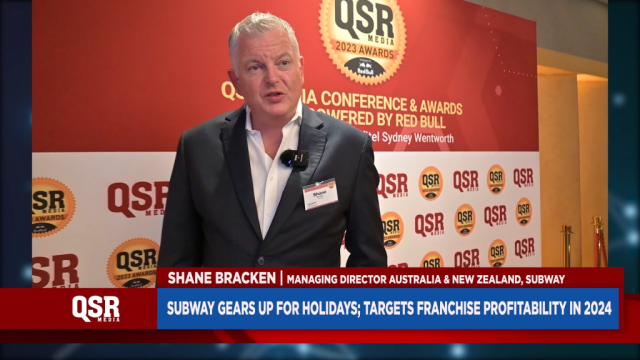
Why procurement strategy is essential for an emerging QSR brand
You’ve got the best burgers in Richmond.
Tattooed millennials are lined up to get your organic burger with sriracha mayonnaise on a charcoal bun from morning ‘til night. Not too long and you have opened a second and a third outlet in inner city Melbourne and someone suggests that this model would do well in Newtown.
Six months later and you’re on to the 4th and 5th venue and things are looking amazing. Social media is abuzz with the great innovations that you have achieved through your incredible, market disrupting brand!
End of the first year: you have sold your first franchise and things are looking better than ever! You have soon sold three of your existing stores as franchises and the capital infusion has now opened the Brisbane market to you. Things can only go up from here and the excitement of a store opening every 3 months is keeping social media chiming on about your brand juggernaut and your country conquering success.
Fast forward to the end of year 3. The 30 stores you had at your peak has shrunk to 15, 5 of which are company owned as you had to resume two franchised stores to keep them operating. The franchise network (as small as it is now) is constantly complaining about dwindling margin and lower returns. Compliance is at an all-time low due to patchy product availability and consistency has gone out the window. Social media is now talking about the new thing because the 7% royalty fee from your franchises wasn’t enough to fund the much-needed innovation cycle and exponential growth that created your success in the first place. Creditors are knocking down your door and you’re fighting off debt collectors left, right and centre.
This is the nightmare scenario, but certainly not unheard of and business owners are often left wondering where did it all went wrong?
Well, it all started at your third opening.
There are some amazing QSR disruptors in the market at the moment and the landscape has never seen such a diverse array of options. Korean Chicken, American Burgers, Doughnuts, Greek Tavernas… They all claim to be different. They are all claiming to be changing the Quick Service industry and really “sticking it” to the establishment.
Guys, I hate to break it you… When you break down a QSR, they are all the same.
The same commercial truths that were present for (and basically written by) McDonalds in the 1950’s are true today. While in the front of house arena and marketing space there are massive differences and completely different approaches to the QSR model, there are commercial principles that do not change, no matter your brand.
SALES REVENUE
FIXED AND VARIABLE COSTS
NET MARGIN
PROCUREMENT AND SUPPLY
PASSIVE REVENUE
Most new QSR businesses focus 85% in the first element, 10% in the second, likely 5% or less on the third, let their distributor take care of the fourth and haven’t even considered the fifth. After all, net margin can come later right, and the last two are for the big guys?
This principle couldn’t be further from the truth.
In the 20 years I have spent in the industry, I have seen some incredible success and some abject failures. Those who have the most success share one vital element established before they sell their first franchise;
Strong Commercial and Supply Chain Framework.
Your brand is nothing without the product to back it up, and while the first two elements on that list are vital, ignoring points four and five will cause damage that could be irreparable. The Charcoal bun that your customers love so much that the pastry chef from Richmond bakes every morning…can you get that in Newtown and Fortitude Valley? How will your brand work if you can’t? Will the substitute from a wholesale bakery have the same properties and were you properly costing the labour into the COGS when you set the RRP for that burger? The organic beef that makes up your burger: what’s the availability frontier for that item? Can you effectively sell 5000 burgers per day, in 3 population centres, using such a volatile fresh product? Most importantly, will your revenue strategy keep funding your growth when the organic growth factor inevitably slows?
Everything you produce in your first two stores must be replicable on a national scale before you open your third store. Alliances must be formed with your primary manufacturers before going to your distributor to solve your problem. You, as a business owner or stakeholder need to take accountability for the procurement of every product on your pantry list. No stone should remain unturned and every single nightmare scenario should be investigated prior to growing.
I have seen this all before…
Over the next 6 months I have been asked to write blogs and articles on the commercial side of operating a QSR. Showcasing successes and highlighting failures – and there are some great examples of both - I hope to provide an in depth look into why procurement and supply chain management can drastically improve your bottom line and keep the margin from doing it’s slow creep into the red.
Procurement is not Purchasing and a Supply Chain is not a refrigerated truck. It’s creating a strategy to keep your business profitable.
Our industry is more alive than ever and I plan on doing my bit to keep it that way. If you’re in need of assistance, or want to know more about the topics I have covered, be sure to get in touch.
Thomas Webb is director and principle strategy consultant at Strategy Pantry and you can contact him via LinkedIn or at [email protected]






